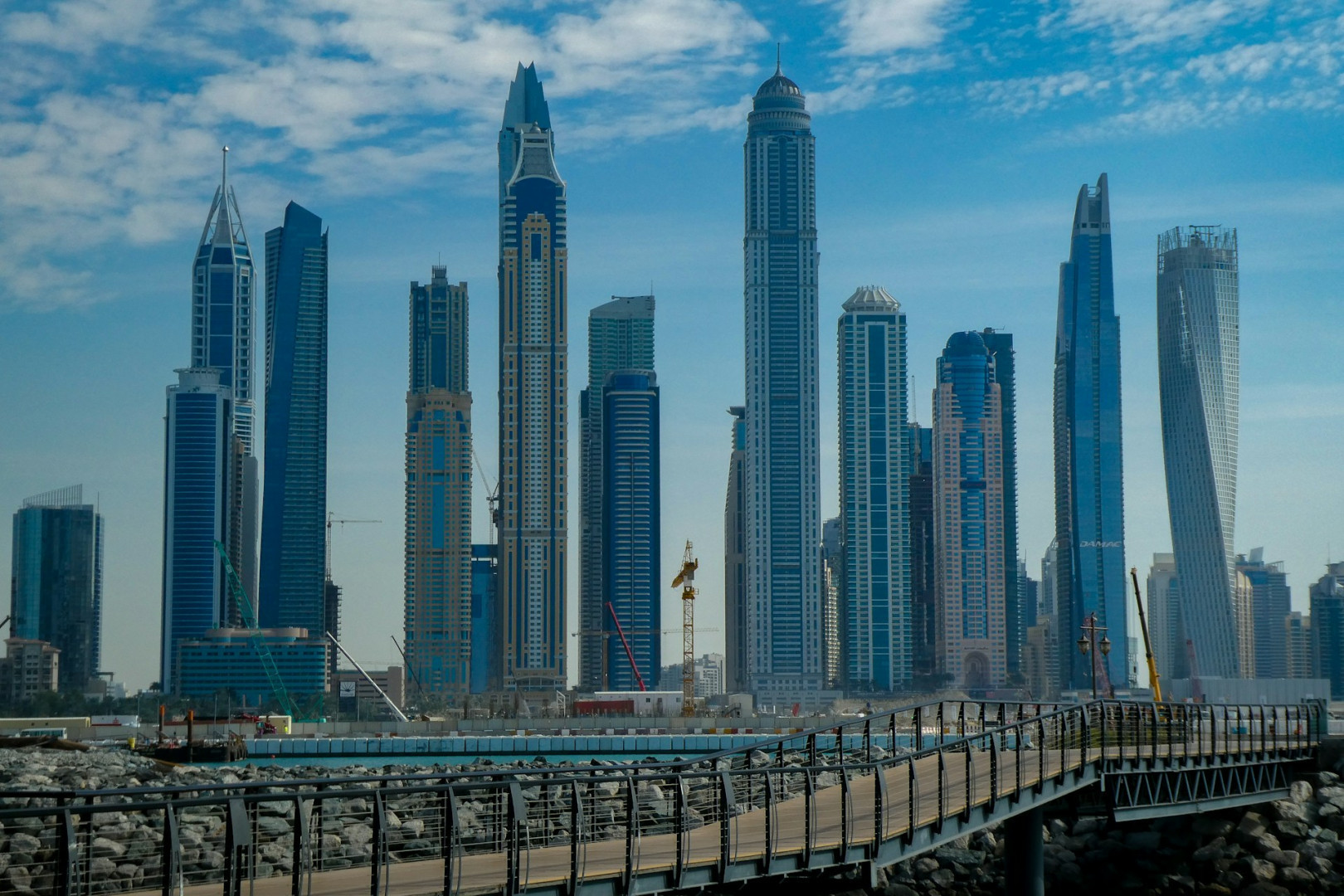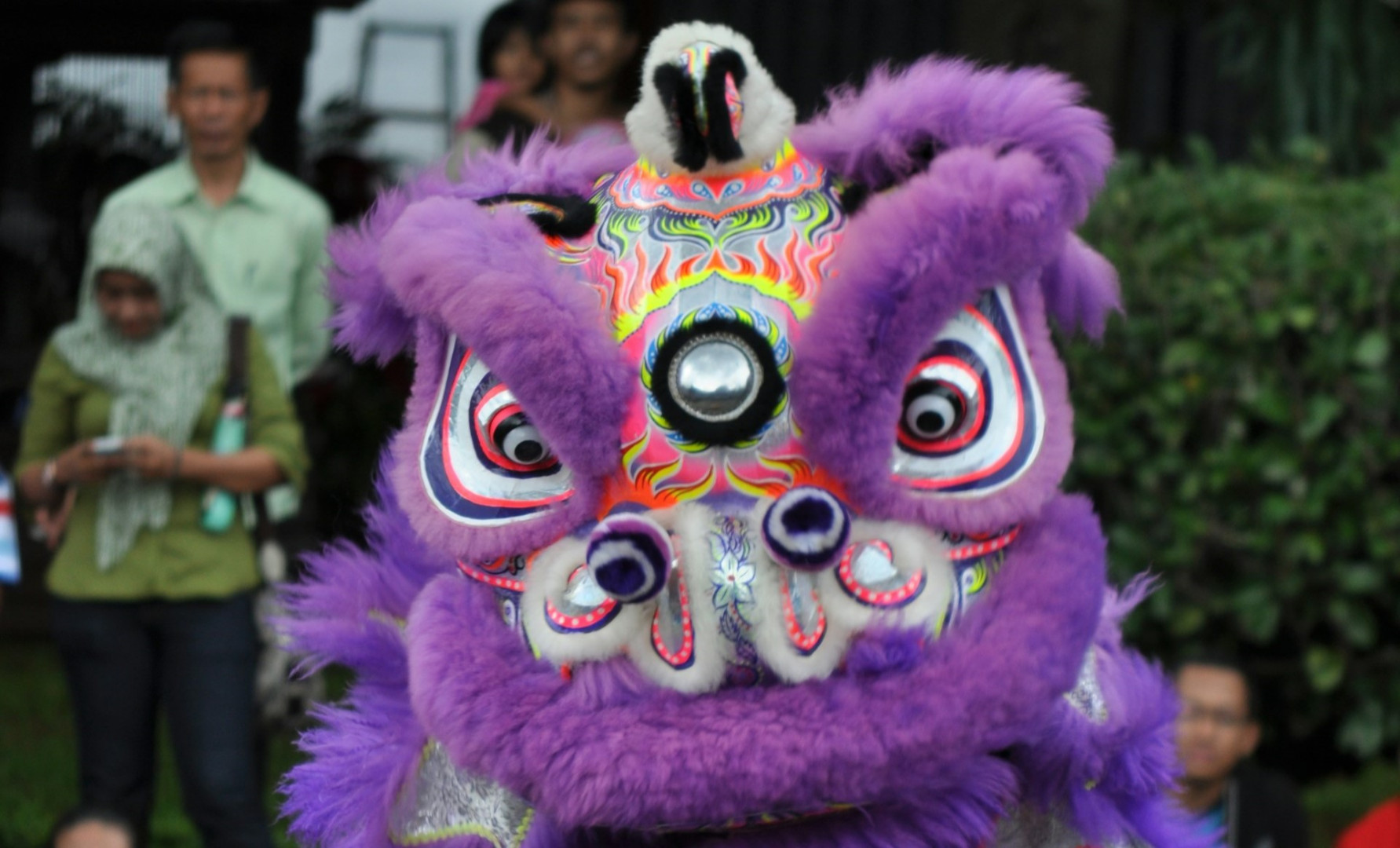
Off-plan properties
About us
Indonesia welcomes foreign professionals and investors — but understanding how to legalize your stay, business, and property is essential for long-term success. This guide explains how to navigate Indonesia’s legal framework step-by-step: from visas and PT PMA setup to property rules, taxes, and document authentication.
Legalization covers all steps required to make your status or business compliant under Indonesian law. This includes:
Key principle: Foreign individuals and companies can operate in Indonesia freely — but only within a clear legal and tax structure.
Indonesia offers a broad range of visas tailored to your purpose of stay:
| Visa Type | Duration | Purpose | Ideal For |
|---|---|---|---|
| Tourist Visa / e-VOA | 30–60 days | Short-term visits | Travelers |
| Business Visa (B211A) | 60–180 days | Market research, meetings | Entrepreneurs |
| Investor KITAS | 1–2 years | Business owners and directors | Investors |
| Working KITAS | 6–12 months | Employment in Indonesia | Foreign employees |
| Family KITAS | 1–2 years | Dependents of KITAS holders | Families |
| Permanent KITAP | 5 years | Long-term residence | Established residents |
Investor Advantage: The Investor KITAS allows company owners to work and reside legally in Indonesia without applying for a separate work permit (IMTA).
Foreigners must register a PT PMA (foreign-owned limited company) to conduct business legally.
Setup timeline: 3–6 weeks.
Cost: approx. $2,000–3,000 depending on industry.
Indonesia’s Positive Investment List — updated in 2023 — defines which sectors are open to 100% foreign ownership and which require local partnerships.
Tip: Always check the list before registering your PT PMA. DDA Real Estate assists investors with sector-specific eligibility and compliance.
Foreign individuals cannot own freehold land (Hak Milik), but have two fully legal alternatives:
| Ownership Type | Duration | Description |
|---|---|---|
| Leasehold (Hak Sewa) | 25–80 years | Renewable long-term lease between a foreigner and a local owner. |
| Right to Build (Hak Guna Bangunan — HGB) | 30 years (extendable) | PT PMA can own buildings under HGB title. |
Avoid Nominee Structures. Ownership under an Indonesian citizen’s name is legally risky and discouraged.
Example:
Since 2021, Indonesia recognizes the Hague Apostille Convention, simplifying foreign document validation.
For foreign documents (e.g., marriage certificates, diplomas, contracts):
Accepted documents include: company papers, powers of attorney, personal records, and education certificates.

Each PT PMA must obtain specific operating licenses based on its sector:
| Sector | Required License | Issued By |
|---|---|---|
| Tourism / Villas | TDUP (Tourism License) | Ministry of Tourism |
| F&B | Business & Hygiene License | Local Authority |
| Education | Education Permit | Ministry of Education |
| Construction / Real Estate | PBG (Building Approval) | Local Government |
NPWP (Tax ID) — required for all companies and investors.
VAT Registration — mandatory for turnover above 4.8B IDR (~$300K).
Monthly & annual reporting — handled via online tax portal or accountant.
Tip: Work with certified accountants who specialize in foreign-owned companies to avoid delays and fines.
To hire or work legally, foreigners must have:
However, Investor KITAS holders (company directors/shareholders) are exempt from IMTA requirements.
Even experienced investors occasionally underestimate how strictly Indonesia enforces its business and property laws. Below are the four most common (and costly) mistakes foreigners make when entering the market — and how to avoid them.
Some foreigners try to bypass Indonesia’s land ownership laws by putting property under the name of a local “nominee” (Indonesian citizen).
On paper, the nominee owns the land. In practice, the foreigner pays for everything and assumes it’s theirs.
Use a PT PMA (foreign-owned company) to hold property under the Right to Build (HGB) title, or secure long-term control through a leasehold (Hak Sewa) contract — both are 100% legal, renewable, and recognized by law.
Many expats start small businesses (villas, yoga studios, cafes) using tourist or social visas, assuming “everyone does it.”
But operating any business — even short-term rentals or consulting — without a legal entity violates immigration and tax regulations.
Indonesia’s tax system is modern and digitalized. Every PT PMA must submit monthly and annual reports — even if the company has no revenue yet.
Hire a local tax accountant familiar with PT PMA structures. Reporting costs are minor compared to the fines — and compliant companies are far more attractive to future buyers or investors.
In Indonesia, contracts — especially for property or partnerships — must follow formal legal standards.
Unsigned or one-language documents (e.g., English-only) may be considered invalid in court.
Tip: DDA Real Estate works with bilingual notaries who draft contracts that are legally binding, transparent, and recognized nationwide.
Navigating Indonesia’s legalization system can be complex — but the process is clear when guided correctly.
DDA Real Estate offers:
Our priority: clarity, compliance, and confidence for every foreign investor in Indonesia.
Read also: “Tips for First-Time Homebuyers in Bali”, “How Foreigners Can Own Property in Bali”, “How to Find the Best Deals on Real Estate in Bali”.
Indonesia’s openness to global investors makes it one of Asia’s most attractive destinations — but legalization is the foundation of every successful venture.
From registering your company to obtaining the right visa and licenses, each step builds long-term security for your business and assets.
With professional guidance, Indonesia’s legal landscape is not an obstacle — it’s your roadmap to growth.